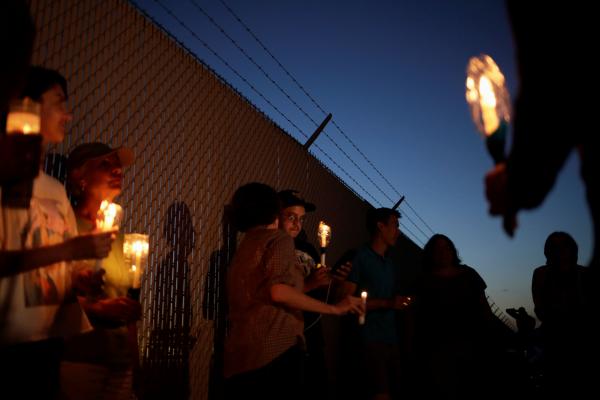Jun 26, 2019
Before the finger pointing and blaming begins let me be clear: This is not a partisan issue. This is not a political issue. This is a moral issue. We have a moral responsibility to ensure that the conditions for every child are not just adequate but are as good as any parent would expect for their own children.
Read the Full Article

Already a subscriber? Login
